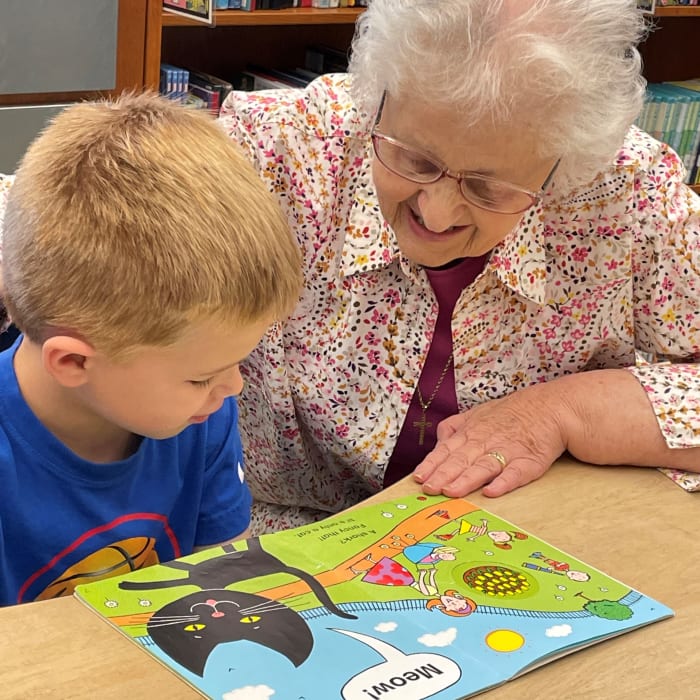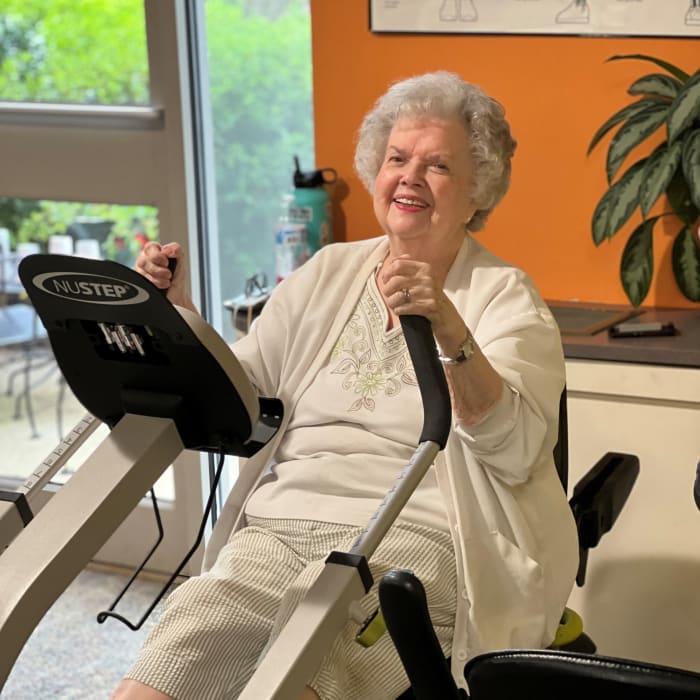Strategies for effective long-distance caregiving
Caring for a parent or family member may pose a variety of challenges, but caregiving from afar can often compound those challenges.
According to a 2020 study by AARP and the National Alliance of Caregiving, about 1 in 8 family caregivers live an hour or more away from their aging or ailing loved one. For many families, traveling to visit loved ones has become more difficult due to COVID-19 limitations.
If you’re struggling to manage caregiving responsibilities for your loved one who lives far away, check out the following ideas to set up successful measures to keep them healthy and safe.
Communication is key. Find out about your loved one’s health, any ongoing treatments, medications and current and available health care resources that are available where they live.
Ideally, one person should be the main point of contact who is responsible for conversations with health care providers. And be sure they let other family members know how your loved one is doing so no one feels left out.
Assemble your team. Having trusted helpers who can step in for you is vital. Are neighbors or friends available to regularly stop by and alert you to potential problems? Do your research to set up in-home care services or other daytime care centers for adults. The local Area Agency on Aging or Eldercare Locator can help you find resources nearby.
Plan and organize. Make sure all your loved one’s legal and financial documents are in order. These can include bank accounts, mortgage or deed to a home, insurance policies, investments, powers of attorney, advance directives and living will. Get the contact information for their lawyer, insurance agent, bank representative and financial advisor.
Keep a list of all medications and dosages handy, as well as the names and contact information for their doctors, dentist, pharmacy and other professionals who provide care.
Assign a backup person who knows where to find this information in case something happens to you.
Make your visits count. When you spend time with your loved one, carve out some time to relax and have fun. Ask about how they’re doing and address any problems or concerns. Schedule medical or other important appointments to coincide with your visit so you can accompany your family member.
Keep in touch. Use phone calls, emails, conference calls or virtual meetings with family members, as well as with doctors and other care providers to keep everyone up-to-date.
Get information. You might find it helpful to learn more about your loved one’s health issues and how their needs may change over time. It’s also important to know some common signs of elder abuse or neglect.
When long-term health care issues, such as a cancer diagnosis or dementia make it increasingly difficult for your loved one to remain in their home, it may be time to consider an assisted living or memory care community.
Presbyterian Communities of South Carolina offers a variety of services, including transportation to health care appointments, medication management, physical therapy and much more. Learn more by visiting www.prescommunities.org






